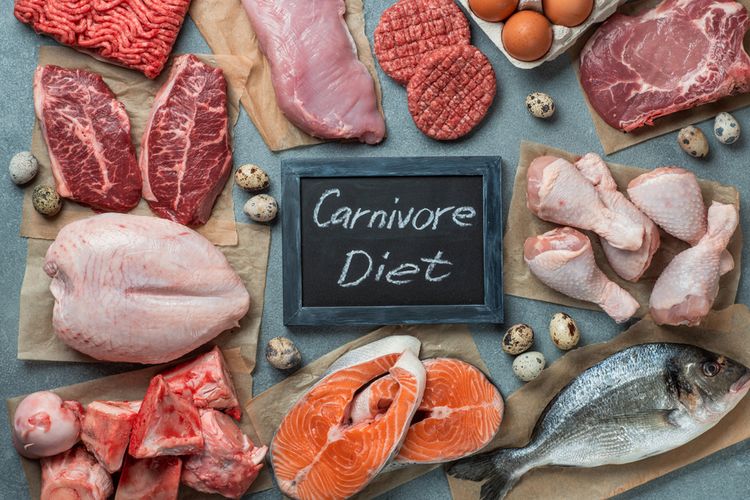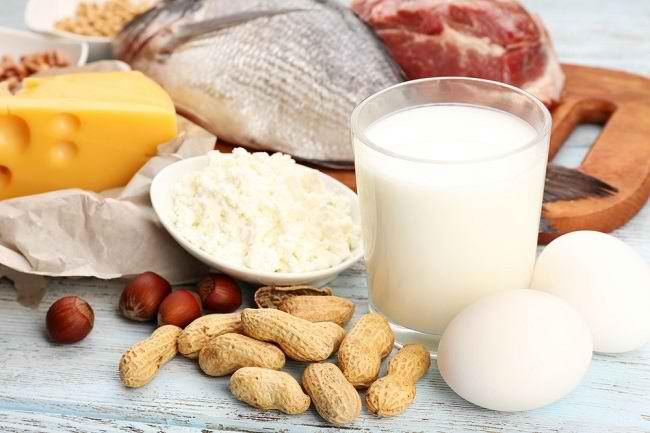Protein is an essential nutrient that plays a role in the formation and repair of cells and body tissues. However, excessive protein intake can be harmful to health, so it should be consumed according to recommended guidelines.
Amino acids, which are the result of protein metabolism, form bones, muscles, skin, and various organs of the body. In addition to building tissues and cells, protein is also involved in the production of enzymes and hormones, such as growth hormone. Therefore, the body requires an adequate protein intake.
However, excessive protein consumption can negatively impact health, such as affecting metabolism and straining the kidneys.
Recommended Daily Protein Intake
Insufficient protein intake can lead to various health issues, such as hair loss, susceptibility to infections, slower recovery from illnesses, and malnutrition conditions like kwashiorkor. Thus, it is important to meet daily protein needs. Here are the recommendations from the Indonesian Ministry of Health for 2019:
- Children aged 1–6 years: 20–25 grams
- Children aged 7–9 years: 35–40 grams
- Adolescents: 60–75 grams
- Adults: 50–70 grams
- Pregnant and breastfeeding women: 70–85 grams
These amounts can vary depending on the level of physical activity and individual health conditions. Athletes, the elderly, and those recovering from injuries or illnesses may require more protein. Conversely, those with kidney disease may need to limit their protein intake.
To meet protein needs, consume foods like lean meat, chicken, eggs, legumes, fish, cheese, milk, or protein supplements if necessary.
Effects of Excessive Protein on the Body
While protein deficiency is harmful, excessive protein can also cause health issues, such as:
- Keton Buildup and Bad Breath: High-protein, low-carb diets like the keto diet can cause ketosis, leading to bad breath and potential kidney damage.
- Weight Gain: Although high-protein diets can aid in short-term weight loss, long-term effects may include weight gain if excess protein is stored as fat.
- Kidney Damage: High protein intake forces the kidneys to work harder to filter and excrete urea from protein metabolism, which can exacerbate kidney conditions.
- Cardiovascular Disease Risk: Animal protein from red and fatty meats is high in saturated fats and cholesterol, increasing the risk of heart disease and stroke.
- Calcium Loss: High protein intake can lead to increased calcium excretion, raising the risk of osteoporosis.
Besides the amount, the source of protein is also important. It is recommended to consume protein from a variety of sources, both animal (such as fish) and plant (such as legumes and seeds).
While there are concerns about the impact of excessive protein, further research is needed to fully understand its overall effects on health. To ensure adequate but not excessive protein intake, follow a healthy and balanced diet, and consult a doctor if you have specific health conditions.
 Rasanya.com Informasi di Jari Anda
Rasanya.com Informasi di Jari Anda








